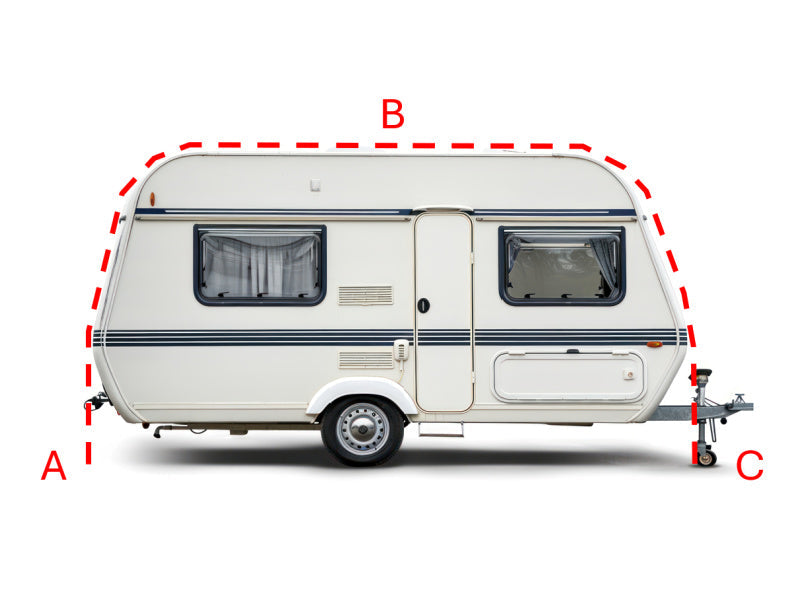Do You Pay Council Tax on a Shepherd's Hut : A Guide to the Rules
Thinking of swapping bricks for wheels with a cosy Shepherd’s Hut? You might owe council tax—but it depends on how you use it. Living in it full-time? Likely yes. Just a weekend escape? Maybe not. Keep reading to dodge fines, claim discounts, and stay on your council’s good side.
The Key Factor: Ancillary Use vs. Separate Dwelling
What Does "Ancillary to the Main Dwelling" Mean?
Understanding how your Shepherd’s Hut is officially classified is the first step in figuring out whether council tax applies.If your Shepherd’s Hut is simply an extension of your main home—say, a guest room, office, or garden retreat—it may be classed as ancillary.
This means it doesn’t count as a separate residence and usually won’t attract its own council tax bill.
To qualify, it should rely on the main house for essential amenities like bathrooms or kitchens.

How Kitchen and Bathroom Facilities Affect the Classification
Adding a kitchen or bathroom to your hut may push it into self-contained territory.
This could lead to it being assessed as a standalone dwelling, separate from your main house.
The more self-sufficient it becomes, the more likely it is to be taxed independently.
The Role of the Valuation Office Agency (VOA) in Assessing Your Property
The VOA is responsible for determining whether your Shepherd’s Hut is liable for council tax or business rates.
They assess the hut’s structure, use, and level of permanence.
Their decision is final—so it’s wise to involve them early if you’re unsure.
Scenarios Where Council Tax Typically Applies
Not all Shepherd’s Huts attract council tax, but here are some common situations where it does.
Using the Hut as a Primary or Sole Residence
If the hut is where you live full-time—receiving post, paying utility bills, and registered to vote—council tax almost certainly applies.
Even if it’s on wheels or in a garden, its use matters more than its mobility.

Renting it Out for Long-Term Residential Use
Letting out a Shepherd’s Hut for long-term residential stays will usually trigger council tax.
Whether you or your tenant pays depends on the rental agreement, but the charge itself will likely be there.
Can You Get a Council Tax Reduction or Exemption?
Possibly. If the hut is empty, uninhabitable, or occupied by just one adult, reductions may apply.
Each local council has different rules, so check what support they offer in your area.
Business Rates: The Alternative Tax for Commercial Use
Running a business from your Shepherd’s Hut? You may need to pay business rates instead of council tax.
When Does a Shepherd's Hut Qualify for Business Rates Instead of Council Tax?
If your hut is used commercially—such as a holiday rental, treatment room, or glamping stay—it’s likely to fall under business rates.
This usually applies if it’s advertised to the public or operated through booking platforms.
The 70/140 Day Rule for Holiday Lets Explained
To be treated as a furnished holiday let for business rates, your hut must be:
-
Available for letting at least 140 days per year
-
Actually let for at least 70 of those days
Failing to meet these conditions may revert the hut back to council tax.
Understanding Small Business Rate Relief
If the hut qualifies for business rates, you could be entitled to Small Business Rate Relief.
This can reduce—or even eliminate—your bill, depending on the hut’s rateable value and whether you own other properties.
How to Get a Definitive Answer for Your Situation
Who to Contact for Official Advice
Still unsure where your hut stands? It’s best to get a formal answer. Two key organisations can help clarify your tax obligations.
Contacting Your Local Council's Planning Department
Your local council’s planning team can advise whether the hut needs planning permission and how it affects your council tax.
They may also know about regional exemptions or discounts.
Submitting an Enquiry to the Valuation Office Agency (VOA)
For a formal assessment, contact the VOA.
They’ll review the hut’s features, use, and structure to determine if it qualifies as a separate dwelling or a business property.

Other Financial Considerations for Your Hut
Beyond Council Tax: Other Costs to Consider
Council tax isn’t the only cost to keep in mind. Running or renting out a Shepherd’s Hut comes with other expenses—like insurance, maintenance, and fittings.
Budgeting for these is crucial whether you’re living in it or letting it out.
The Cost of Planning Permission for Commercial Use
If you plan to use your hut commercially, planning permission may be required.
The cost varies by council and might involve extra fees for applications or surveys, especially in conservation areas.
Securing the Correct Insurance for a Rented Hut
Standard home insurance might not cover a Shepherd’s Hut used for rental or business.
Look for a specialist provider to ensure you’re covered for both contents and liability.
Other content you might like:





Leave a comment